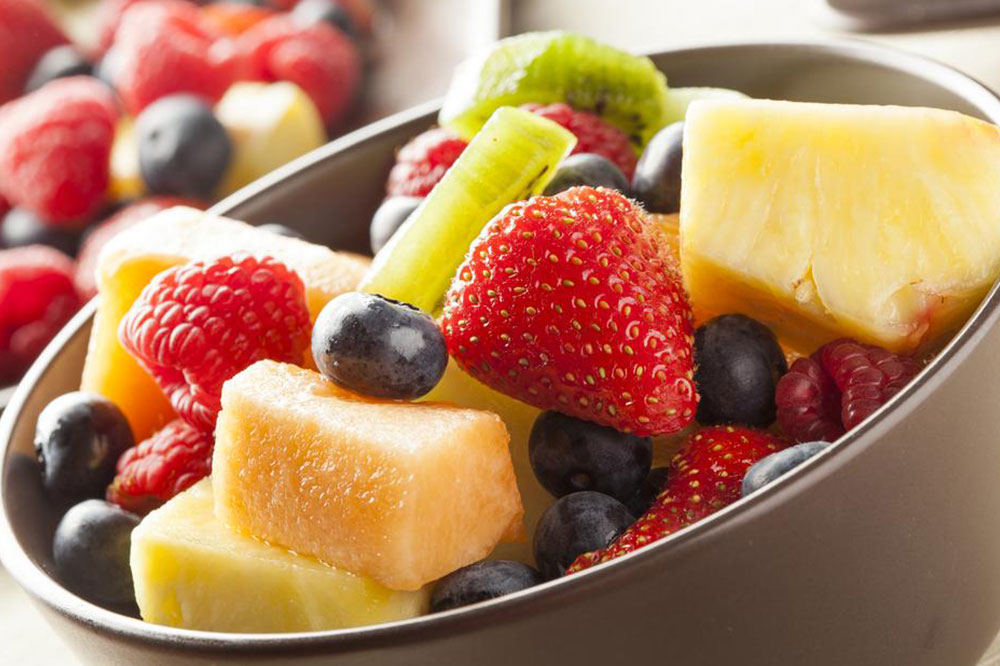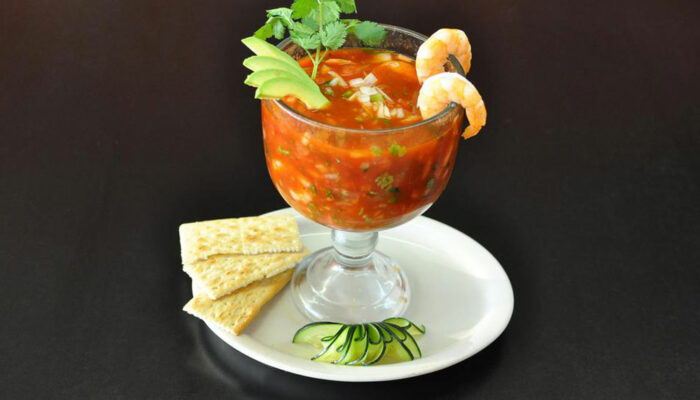
Foods That Help Manage IBS Naturally
Irritable Bowel Syndrome (IBS) is a person-specific condition that can show varying symptoms, and there is no common solution that works for everyone. That being said, IBS can be treated by following a healthy diet and observing which foods have harmful and beneficial effects. Nutritionists and doctors have suggested that some foods can naturally prevent and treat IBS. Here are some foods that can help manage IBS naturally:
Foods that prevent
Research suggests that foods that are Fermented, Oligosaccharides, Disaccharides, Monosaccharides, And Polyols (FODMAP) trigger the symptoms of IBS. So, patients of IBS should follow a low-FODMAP diet that comprises foods that are safe to consume for them:
- Vegetables like bamboo shoots, beans sprouts, bok choy, carrots, chives, cucumbers, eggplant, kale, spinach, ginger, lettuce, cabbage, olives, parsley, potato, spring onions, radish, and turnips are safe to eat during IBS flare-ups. However, they should be cooked well before consumption so that digestion is easy for the body.
- Fruits and nuts like almonds, bananas, blueberries, raspberries, cantaloupe, grape, grapefruit, honeydew, kiwi, lemon, lime, orange, peanuts, pine nuts, strawberries, and walnuts are safe to eat raw.
- Eggs and lean meats like white meat chicken, white meat turkey, lean beef cuts, and pork are safe for people with IBS if they are cooked properly.
- Natural foods that can help manage IBS also include grains like oats, oat bran, white rice, rice bran, corn, and quinoa.
- Dairy products like lactose-free milk, rice milk, almond milk, coconut milk, lactose-free yogurt, and feta cheese are also safe.
Herbs that heal
Herbs are natural remedies for many ailments, and they also help manage IBS:
- Herbs like chamomile, calendula, fennel, and slippery elm are proven safe for people with IBS, and the best way to consume them is to boil them to make tea or soups that can soothe the gut. These herbs add a calming effect to the gut and reduce bloating.
- Herbs and natural oils like slippery elm and peppermint oil relax the intestinal muscles and reduce abdominal pain and irritation.
- Artichoke leaf extract has shown remarkable results in normalizing bowel movements due to the presence of a cynaropicrin.
Foods that heal
When talking about the natural foods that can help manage IBS, probiotics go a long way in promoting gut health.
- Foods that nourish the intestines, colon, and spleen are the best foods to manage IBS, but it is necessary to eat fresh, organic, and cooked food rather than canned or processed alternatives as they contain unhealthy toxins.
- Research suggests that cauliflower, garlic, onions, squash, corn, butternut, and bone broth are healing foods for people with IBS.
- Recipes like bone broth with some beneficial vegetables and ginger can improve gut health and alleviate the symptoms of IBS and help manage the condition in the long run.



